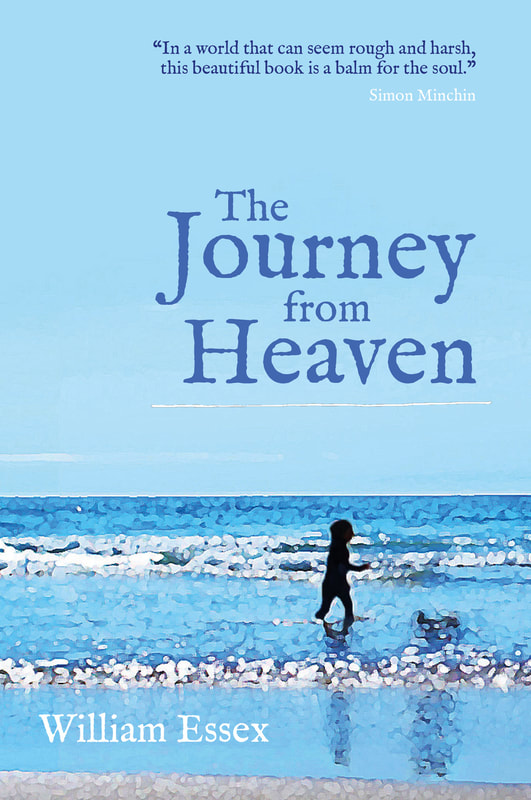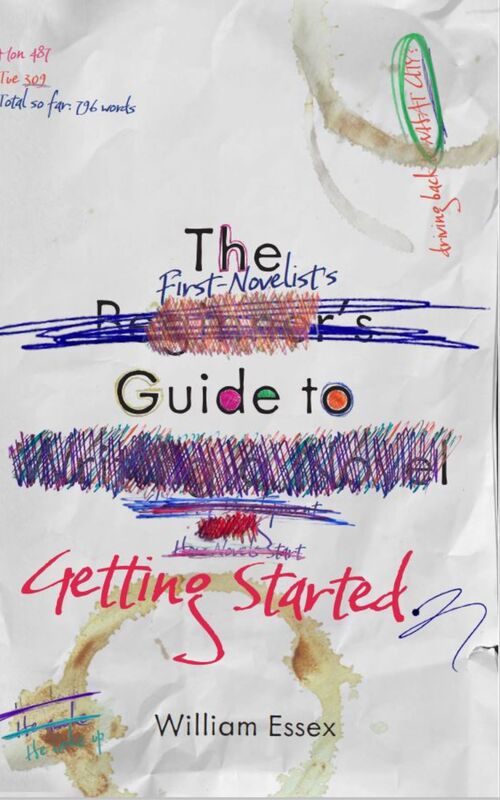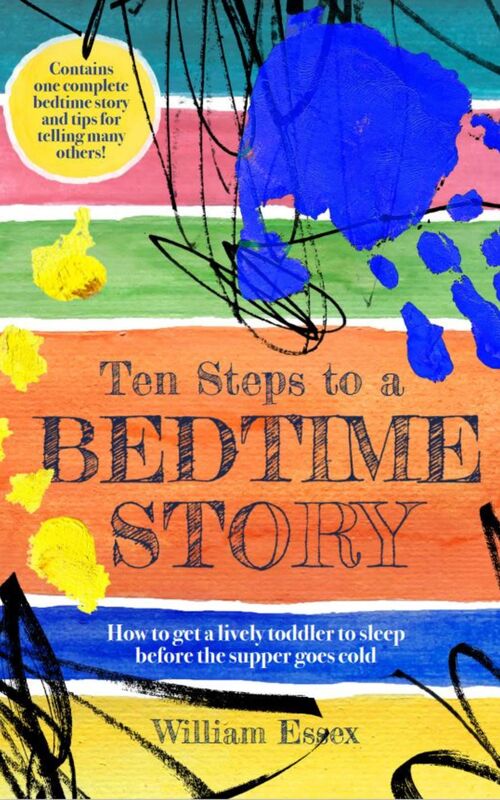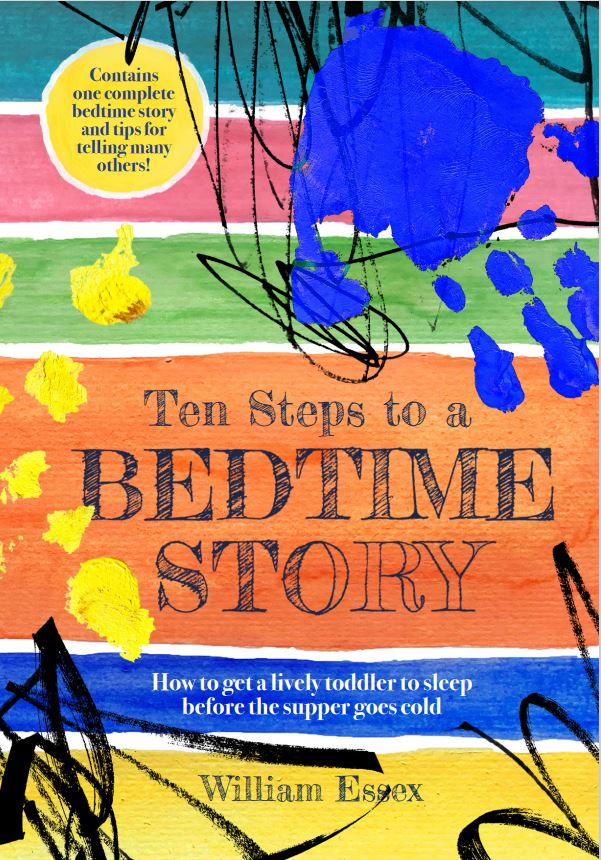Deterrence these days is based on willpower not weaponry. Back when we had Mutually Assured Destruction (MAD), the issue was how many big missiles each side had. The SALT (Strategic Arms Limitation Talks) treaties were all about numbers.
These days, hostile states feel able to keep going despite the nuclear arsenals ranged against them because they don’t believe anybody’s going to use those weapons. The war in Europe can continue because nobody in “The West” wants to really upset Russia. And Russia knows it.
As for the conflict no longer (?) escalating spookily close to Tel Megiddo, how are we handling that? We’re air-dropping supplies, voting at the UN, making speeches, dropping hints. Because — I’m guessing here — we don’t want to upset the voters back home by sounding too warlike.
I’m sure all those hostile state actors with “obliterate-thy-neighbour” written into their constitutions will be terrified that we might say nasty things about them if they cross the next red line.
I’ve just watched Roosevelt’s speech after Pearl Harbour. He wasn’t worried about upsetting Japan.
Deterrence is all about being believable. So is winning. End of story.





